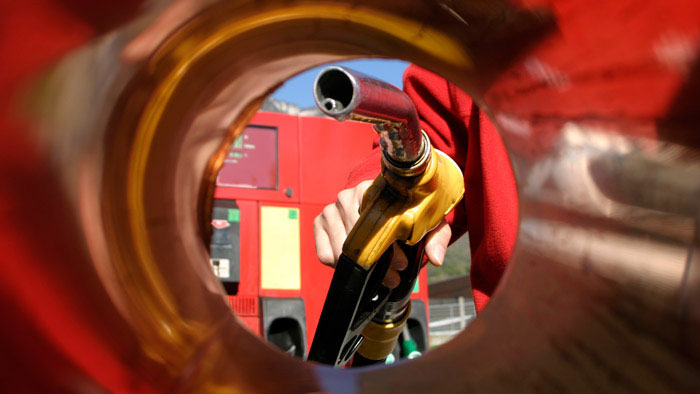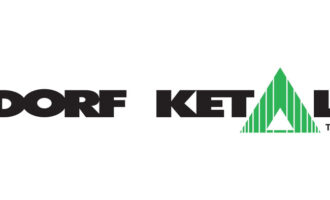
U.S. DOE awards research grant to develop renewable fuel additives from woody biomass
The U.S. Department of Energy (DOE) has awarded a three-year, USD1 million grant to a team of researchers from UMass Lowell, the University of Maine and Florida-based Mainstream Engineering Corp. to develop renewable fuel additives made from woody biomass, particularly sawdust from sawmills. Woody biomass includes forest trees and woody plants, as well as their byproducts from wood manufacturing and processing that are not suitable for purchase or sale and don’t have an existing local market.
The project is part of the DOE’s Co-Optima initiative to develop fuel and engine innovations that work together to maximize vehicle performance and fuel economy.
“The additives, which are derived from sustainable raw materials, will help offset the use of traditional fossil fuels in internal combustion engines in cars and trucks as well as in steam turbines for power generation,” says Hunter Mack, a UML assistant professor in the Department of Mechanical Engineering and the project’s principal investigator (PI). “Our lab’s goal is to increase energy efficiency, reduce emissions and identify other potential sustainable fuels and chemicals of the future.”
“We targeted woody biomass as raw material because of our collaboration with the University of Maine and its Forest Bioproducts Research Institute,” says Mack. “The state of Maine has a large forest industry with a long history of making paper. The sawmills have a lot of leftover biomass that needs to be disposed of, so we’re offering a way to convert it into something useful and even profitable.”
“We’re applying precise chemical reaction engineering to the process for producing the additives, so the composition of the raw materials is important,” says Mack. “Construction wood might have other chemicals mixed in it, such as those used in pressure-treated lumber, and that would change how the reaction goes. So at least in the short term, we’re focusing solely on sawdust, which is a well-defined biomass stream.”
The total cost of the project, including cost share from UML and its subcontractors, is USD1.45 million.
The UMass Lowell-led project is one of 42 projects that the DOE has recently selected nationwide as part of its USD80 million investment to support early-stage research of advanced vehicle technologies that can “enable more affordable mobility, strengthen domestic energy security, reduce the country’s dependence on foreign sources of critical materials and enhance U.S. economic growth.”
The projects range from developing the next generation of lithium-ion batteries for electric vehicles to improving the energy efficiency of off-road vehicles used in construction, agriculture and mining operations.









